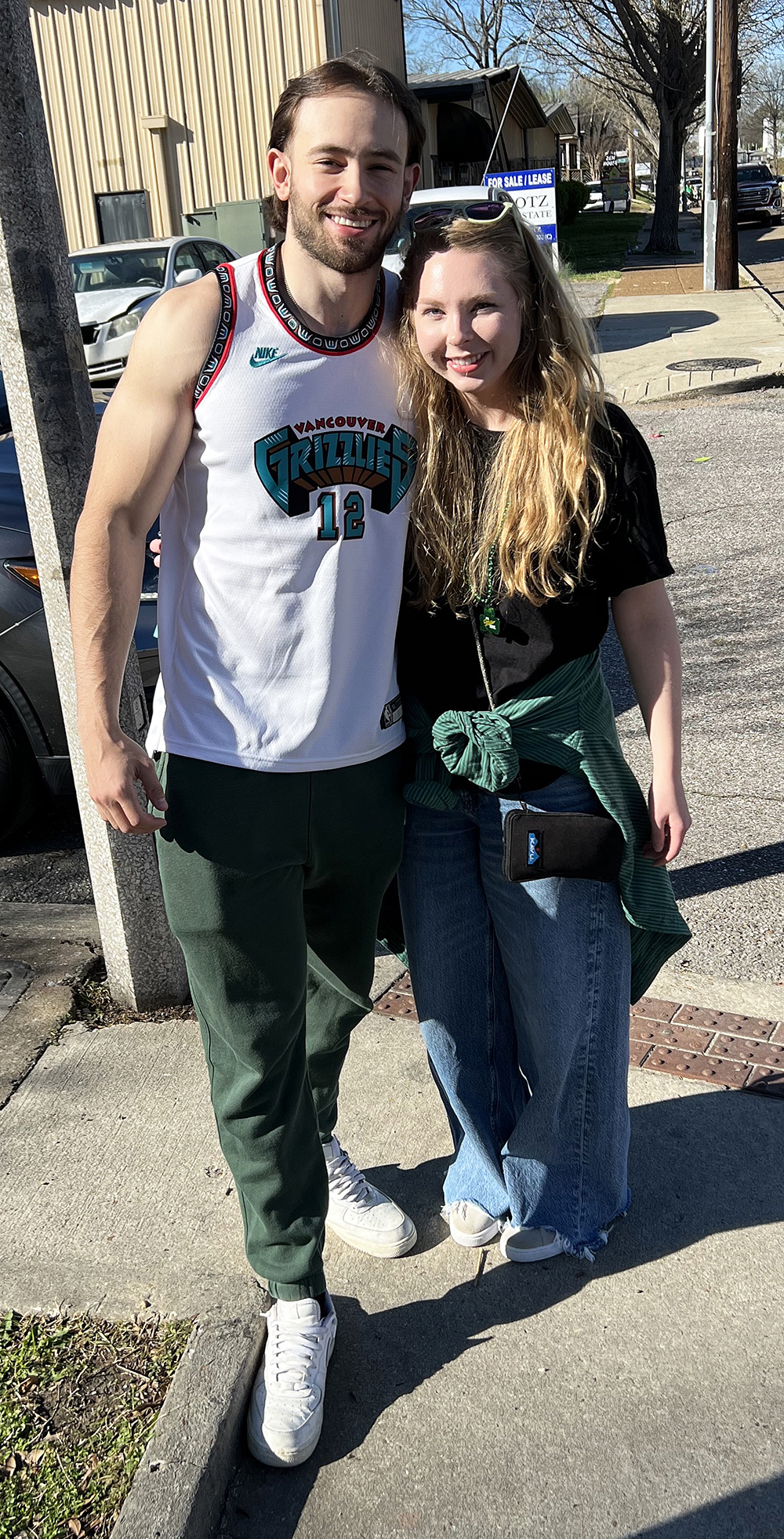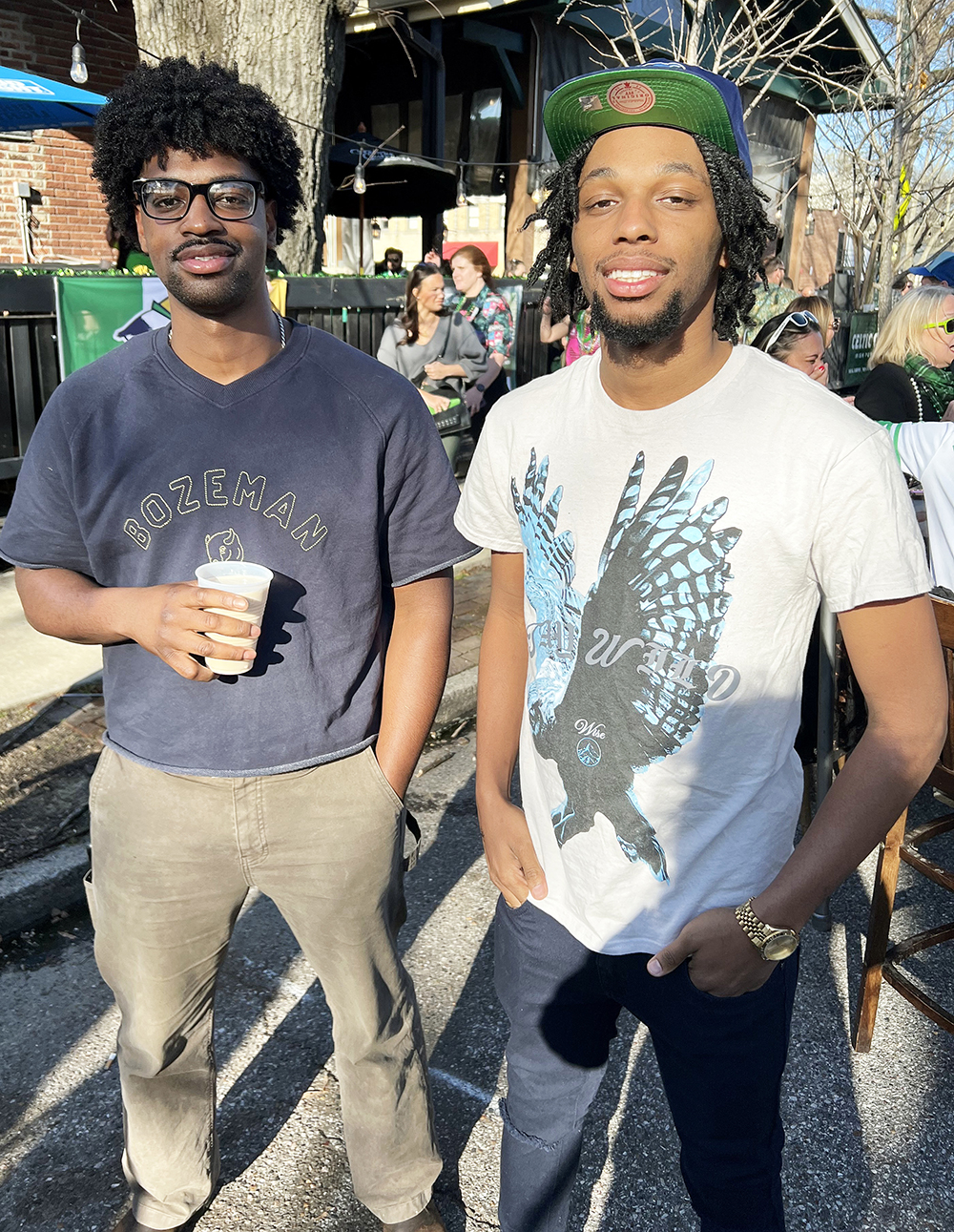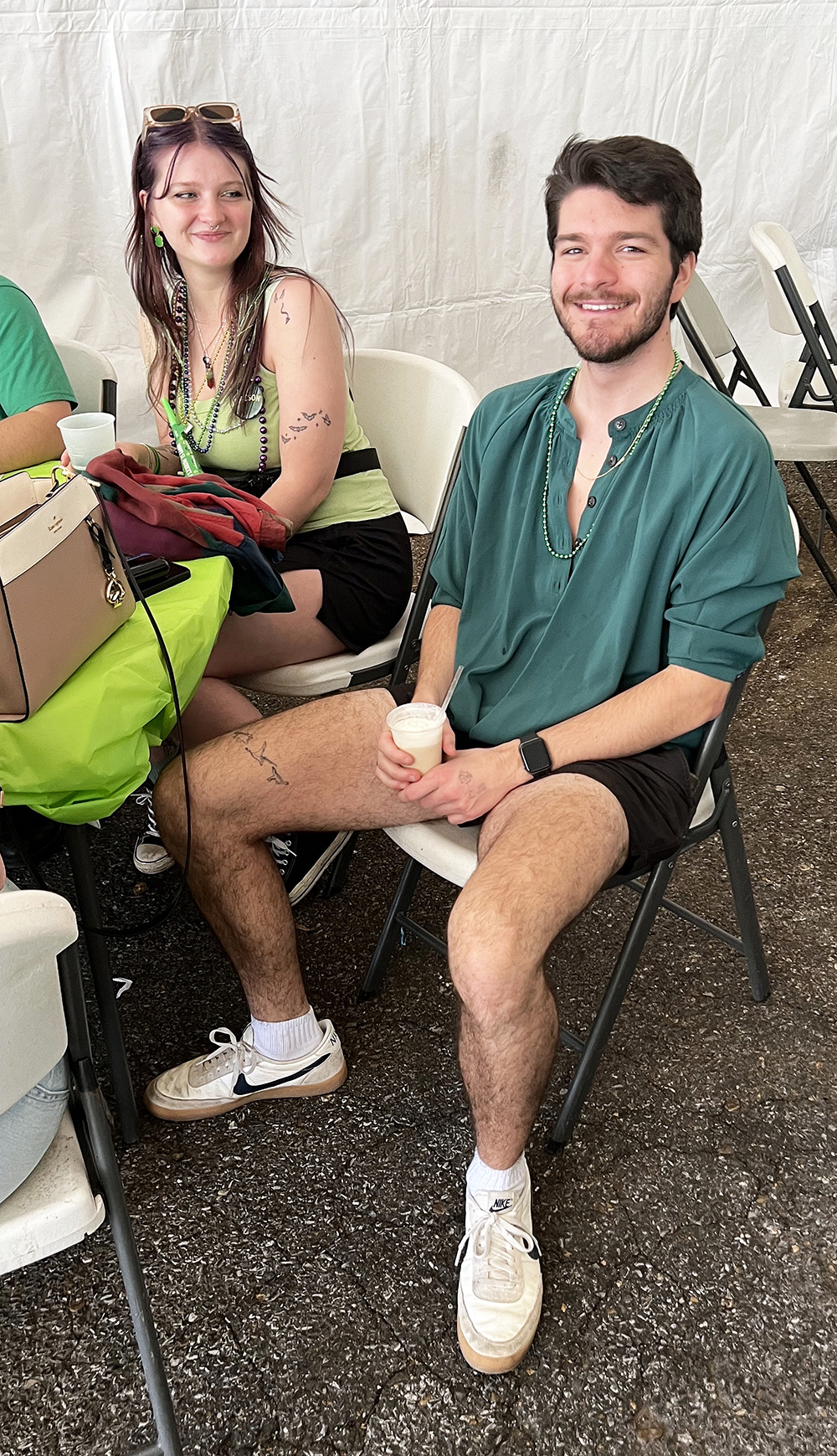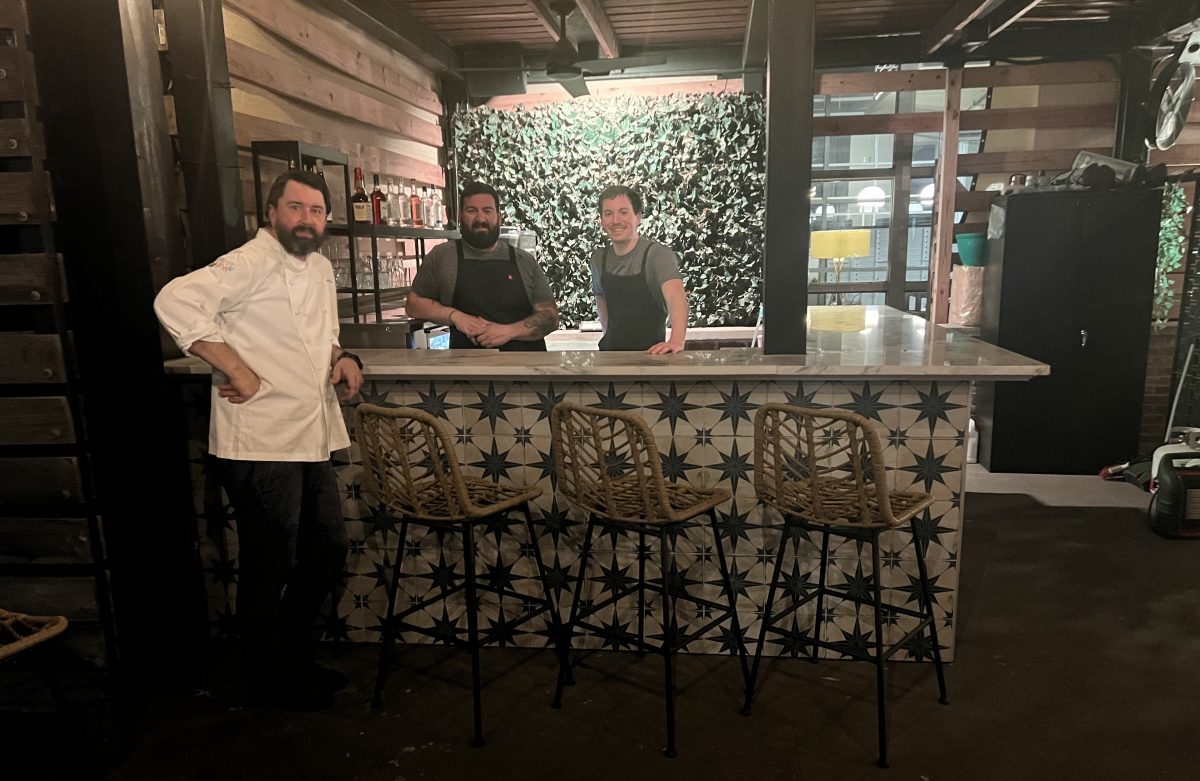Yesterday, my wife and I took my infant son to his one-month pediatric checkup appointment. He got a glowing report from his wonderful doctor, but a month ago, that outcome was anything but certain.
Some 20 or so hours into my brave wife’s labor, the hospital staff realized that our son was having serious and potentially deadly fluctuations with his heart rate. They tried every intervention possible while I ran through the pain-coping techniques I had learned in our birthing classes.
Suddenly, there were at least half a dozen medical professionals in the room. They stopped explaining what they were doing, but their eyes told me everything I needed to know. My brave wife, whose birth plan had changed three times in a handful of hours, was rushed to an emergency “crash” C-section while a nurse took me to get into scrubs. The time apart from my best friend, my beautiful, caring, courageous wife was the most terrifying few minutes of my life.
Soon, a nurse took me into the operating room and I was able to hold my wife’s hand during the procedure. I would swear that the surgery took hours, but our family, who were waiting outside, all said it was the fastest C-section they had ever waited on or heard of.
After 26 hours of labor, my son was born via crash C-section. He was (and is!) healthy, and he recovered from the difficult labor quickly. My wife was safe, too, for which I will never stop being thankful. After a few days, we were allowed to go home to begin our journey as a family.
One week after our son’s birth, my wife and I learned that we had lost our jobs thanks to President Donald J. Trump’s federal cuts. Though neither of us works for the government, we did work with federal agencies. My wife, who had been promoted based on merit mere months earlier, was recovering from major surgery, learning to be a mom, and suddenly needed to find a new job. She had worked for a lovely company doing work that I can describe only as “good.” She has helped scientists and researchers fight cancer, fight coastal erosion by saving native sea grass, and helped environmental and data scientists communicate with each other and with the Indigenous community.
As for me, well, it was contract work. I had recently taken the plunge and begun my own copywriting, editing, and marketing company. Until I lost that one big client that helped make the dream possible. I’m not stressed about myself though. My family is healthy; I’ve found work before, and I will again. But I do worry about all of the workers at our national parks and the National Institutes of Health and the National Science Foundation who have dedicated their entire adult lives to the dream of making the U.S. a healthier, safer, greener place.
It’s easy to think of Trump’s measures as affecting only a faceless horde of bureaucrats in Washington, D.C., but no human being is faceless. No one is without dreams, a history, a rich inner life. These are our countrymen, and they’re real people who will really suffer.
The former federal workers who are doubtless scrambling to find employment and feed their families are, of course, only the tip of the iceberg. Immigrants, documented or otherwise, who are detained by ICE agents are people guilty only of being from somewhere else, of dreaming of a better life. They probably had more hope for the U.S. than I do, but that hasn’t helped them when plainclothes agents handcuff them, often without providing the necessary legal documentation.
And then there is the trans community, specifically, and the LGBTQ community in general. Did I mention that the doula who taught our birth classes is trans? That they are easily the kindest, most generous human I have met in years? That they helped my wife feel safe before confronting the biggest and most frightening unknown a pregnant person can experience? Of course, they’re not the first trans person I’ve known, nor is their kindness the reason why that community has my support, but this column isn’t about sense and reasons. I’m desperately trying to humanize these issues, to put a face to the headlines. Again, these are people. Americans. Often brave people who work harder than I can imagine, who work to help others more vulnerable than themselves. To demonize them for political gain is nothing short of callous cruelty I’m not ashamed to call evil.
During the Covid pandemic, the previous iteration of the Trump administration soft-launched eugenics, to little outcry from the American people. Collectively, we decided that we didn’t mind if the old and vulnerable paid the price for our weekend brunches, our vacation trips. Trump is back, emboldened by a so-called mandate from voters. The message is clear: As long as the economic wheels keep turning, no one in power cares if they’re greased with the blood of the vulnerable.
I don’t want my son to grow up in a nation devoid of empathy, where might makes right. So I’m asking you — begging you — to care.
Jesse Davis is a former Flyer staffer; he writes a monthly Books feature for Memphis Magazine. His opinions, such as they are, hope we can find some way out of this mess.





























